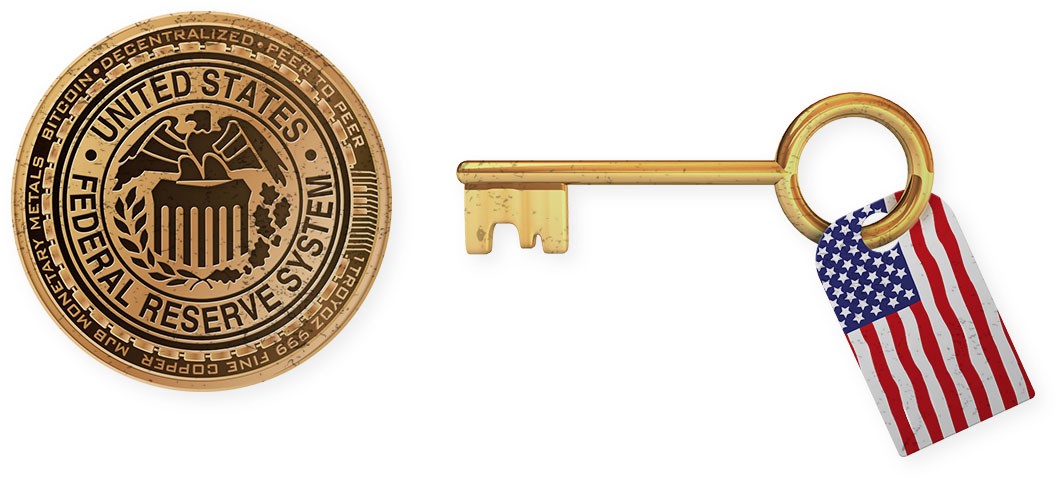PALO ALTO, Calif. (Reuters) - The Federal Reserve is looking at a broad variety of concerns around digital payments and currencies, including policy, style and legal factors to consider around possibly releasing its own digital currency, Guv Lael Brainard said on Wednesday. Brainard's remarks suggest more openness to the possibility of a Fed-issued digital coin than in the past." By transforming payments, digitalization has the possible to provide higher value and benefit at lower cost," Brainard stated at a conference on payments at the Stanford Graduate School of Service.
Central banks worldwide are discussing how to handle digital finance innovation and the distributed journal Click here for more info systems utilized by bitcoin, which promises near-instantaneous payment at possibly low cost. The Fed is developing its own round-the-clock real-time payments and settlement service and is currently examining 200 comment letters sent late last year about the suggested service's style and scope, Brainard said.

Less than two years ago Brainard told a conference in San Francisco that there is "no compelling showed requirement" for such a coin. However that was prior to the scope of Facebook's digital currency aspirations were extensively understood. Fed officials, consisting of Brainard, have actually raised issues about consumer securities and information and privacy dangers that might be postured by a currency that could come into use by the 3rd of the world's population that have Facebook accounts.
" We are collaborating with other main banks as we advance our understanding of reserve bank digital currencies," she stated. With more nations checking out issuing their own digital currencies, Brainard said, that contributes to "a set of factors to likewise be ensuring that we are that frontier of both research and policy development." In the United States, Brainard said, concerns that require study include whether a digital currency would make the payments system much safer or easier, and whether it might posture financial stability risks, consisting of the possibility of bank runs if money can be turned "with a single swipe" into the reserve bank's digital currency.
To counter the monetary damage from America's extraordinary nationwide lockdown, the Federal Reserve has taken unmatched steps, consisting of flooding the economy with dollars and investing directly in the economy. The majority of these relocations got grudging approval even from numerous Fed skeptics, as they saw this stimulus as needed and something only the Fed might do.
My brand-new CEI report, "Government-Run Payment Systems Are Risky at Any Speed: The Case Against Fedcoin and FedNow," details the risks of the Fed's existing prepare for its FedNow real-time payment system, and proposals for main bank-issued cryptocurrency that have been called Fedcoin or the "digital dollar." In my report, I discuss issues about personal privacy, information security, currency adjustment, and crowding out private-sector competitors and innovation.
Proponents of FedNow and Fedcoin say the federal government should produce a system for payments to deposit instantly, rather than motivate such systems in the economic sector by lifting regulative barriers. However as kept in mind in the paper, the economic sector is offering a relatively unlimited supply of payment innovations and digital currencies to fix the problemto the extent it is a problemof the time gap between when a payment is sent and when it is received in a bank account.
And the examples of private-sector development in this area are lots of. The Clearing Home, a bank-held cooperative that has actually been routing interbank payments in various forms for more than 150 years, has actually been clearing real-time payments given that 2017. By the end of 2018 it was covering 50 percent of the deposit base in the U.S.